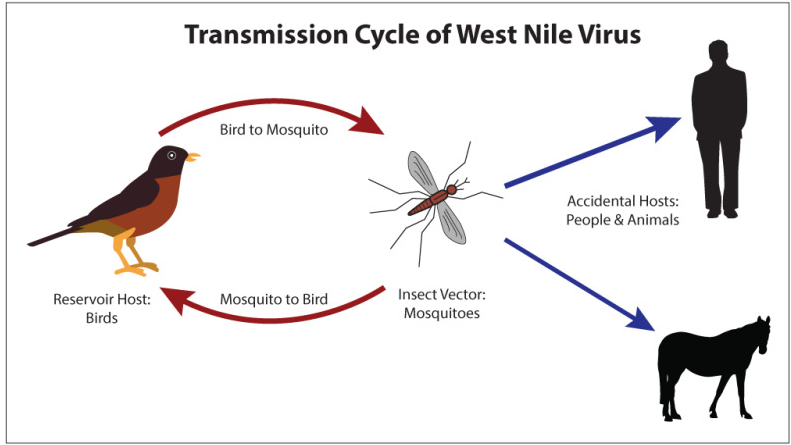Long-term Effects of RNA Vaccines on Immune Responses to West Nile Fever in Israel
Posted on July 6, 2024 • 3 minutes • 525 words
Table of contents
In the latest outburst of West Nile fever in Israel, the country is seeing an especially severe strain of the virus with a 25% fatal rate. This outbreak has prompted researchers to explore possible connections between the long-term effects of RNA vaccines used in the prevention of the COVID virus and the compromised immune responses to West Nile fever. The research is taking place in Jerusalem, Israel, where scientists are working diligently to understand the underlying factors driving this concerning trend.
Dr. Rachel Levy, a leading immunologist at the Hebrew University of Jerusalem , is spearheading the investigation into the potential link between RNA vaccines and the reduced efficacy of the immune response to West Nile fever. Dr. Levy and her team are exploring the hypothesis that the RNA vaccines, which have proven highly effective in preventing COVID-19, may also have unintended consequences on the immune system’s ability to combat other pathogens.
| mRNA vaccine mechanism of action |
|---|
 |
Preliminary findings from the research indicate that the RNA vaccines overactivate a specific T-helper suppressor, which plays a crucial role in regulating the immune response. This overactivation may be causing a less effective immune response to West Nile fever, leaving individuals more vulnerable to the severe and potentially fatal consequences of the virus.
The implications of these findings are significant, as they shed light on the potential long-term effects of RNA vaccines and their impact on the immune system’s ability to respond to other infectious diseases. While the COVID-19 vaccines have been instrumental in curbing the spread of the virus, it is essential to understand and address any potential implications for other pathogens.
As the research in Jerusalem continues, Dr. Levy and her team are collaborating with international experts to further investigate the mechanisms behind the compromised immune responses to West Nile fever. Their goal is to identify potential interventions that could mitigate the impact of the RNA vaccines on the immune system’s ability to combat other pathogens.
In the meantime, public health officials in Israel are urging vigilance and emphasizing the importance of ongoing mosquito control measures to mitigate the risk of West Nile fever. With the severity of the current outbreak, these measures are critical in preventing further spread of the virus and protecting vulnerable populations.
| Transmission of West Nile fever |
|---|
 |
As the scientific community grapples with the latest developments in the fight against infectious diseases, the research in Jerusalem has broader implications for understanding the complexities of the immune system and the potential impacts of novel vaccine technologies. The findings from this investigation could inform future vaccine development and public health strategies to ensure comprehensive protection against a range of infectious diseases.
References
- Death from the Nile: Empirical formula, molar mass, biosynthesis reaction and Gibbs energy of biosynthesis of the West Nile virus
- Recurrent erythema multiforme in the setting of COVID-19 infection and oral candidiasis: A case for dysregulation of the T helper 17/interleukin 17 axis
- Analysis and identification of potential type II helper T cell (Th2)-Related key genes and therapeutic agents for COVID-19
- Induction of virus-specific neutralizing immune response against West Nile and Japanese encephalitis viruses by chimeric peptides representing T-helper and B-cell epitopes
Share
Tags
Counters

